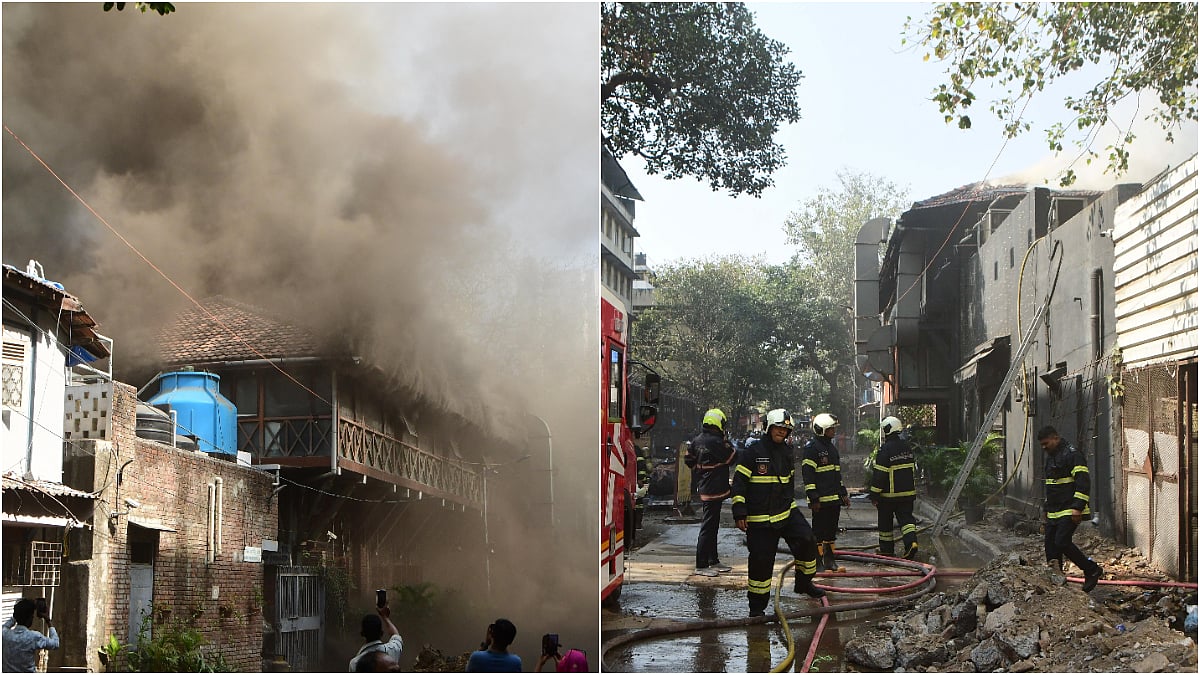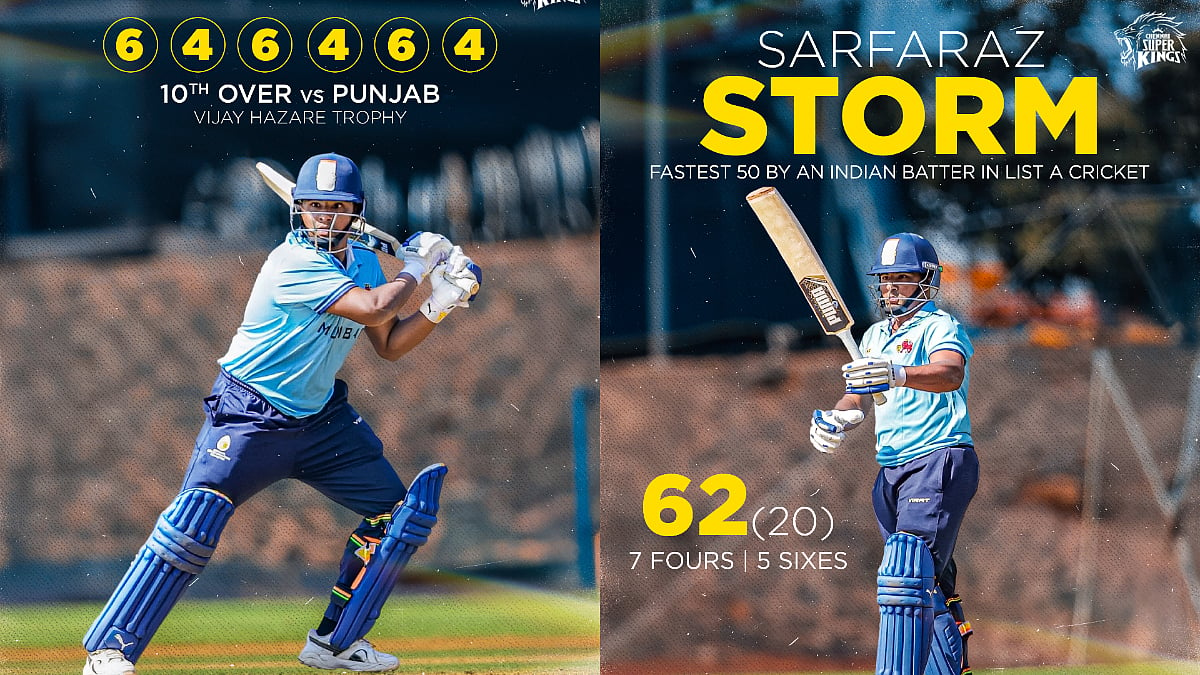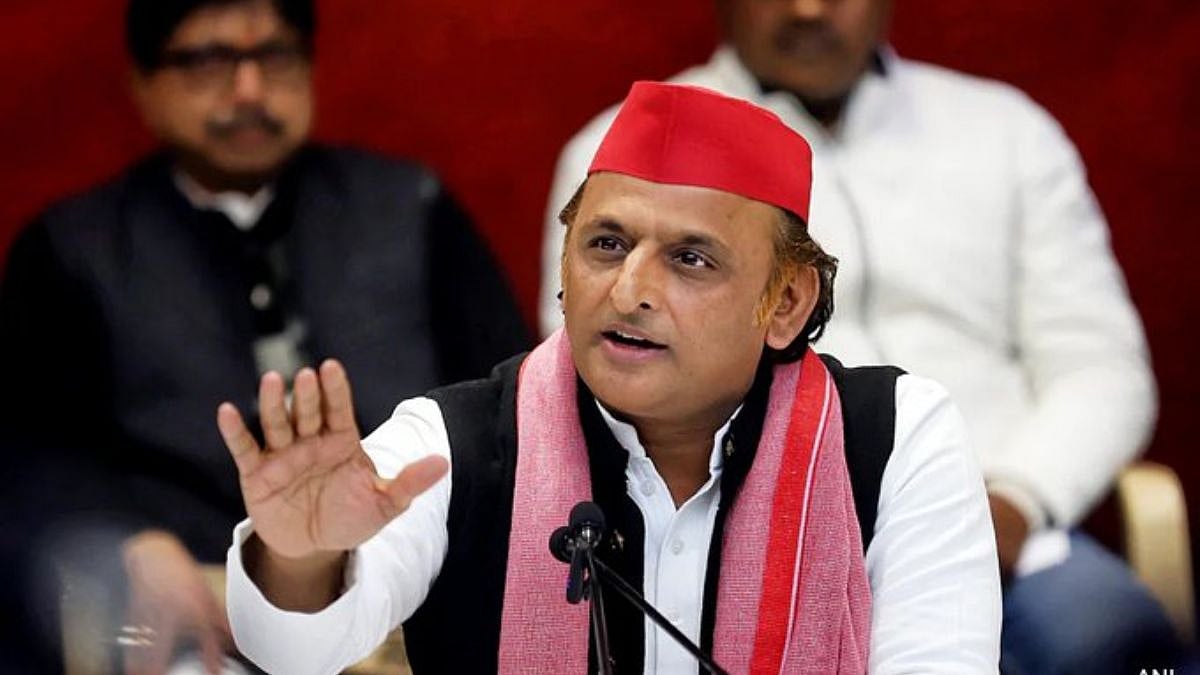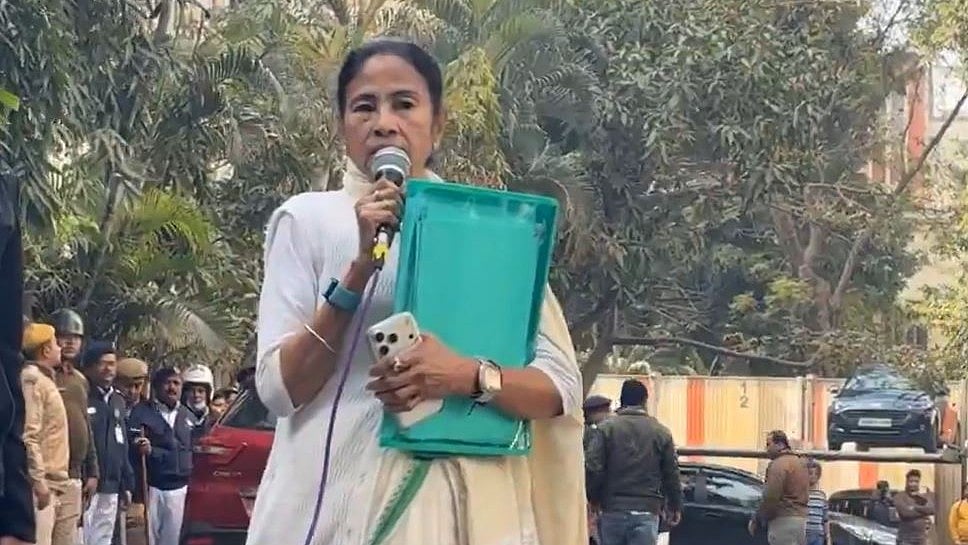First it was their confused stance on wearing face masks at the onset of the pandemic, then their controversial decision to drop Remdesivir from a list of approved drugs to treat Covid 19 in November and now it’s the WHO’s latest advisory against using the oral anti-parasitic drug Ivermectin for Covid 19 treatment, which appeared in the form of a Tweet on May 10th by none other than their Chief Scientist Soumya Swaminathan, that has ruffled feathers.
She wrote, ‘Safety and efficacy are important when using any drug for a new indication. @WHO recommends against the use of Ivermectin for #COVID19 except within clinical trials’. Not only has this statement led global scientists to question the WHO’s motives but has also resulted in a legal notice being slapped on Dr Swaminathan by the Indian Bar Association, for running a disinformation campaign against Ivermectin by deliberate suppression of effectiveness of the drug as prophylaxis and treatment for Covid 19, and for issuing statements in social and mainstream media, influencing the public against the use of Ivermectin.
The notice is based on the research and trials carried out by Frontline Line Covid 19 Critical Care Alliance (FLCCC) and the British Ivermectin Recommendation Development Panel (BIRD).
Rapidly mutating virus
With a virus as unpredictable and rapidly mutating as Covid 19, some back and forth on treatment protocol and guidelines from the WHO is expected but certain global scientists are miffed as they say the findings of many trials have been disregarded. What’s more in the absence of alternatives they feel that the WHO should not arbitrarily disqualify drugs as it confuses people. Dr Subhash Hira, a medical doctor and scientist on several WHO review panels says, “support ivermectin’s use until more effective anti-Covid medicines are discovered. Otherwise 80 percent of the world’s population will have no medicines to treat Covid”.
Data paints a different picture
A paper on the real time meta analyses of 56 studies on the efficacy of Ivermectin which was published in November last year and updated at the end of May 2021 has revealed the following findings.
97 percent of 37 studies where Ivermectin was used for early treatment of Covid-19 or as a prophylaxis, report positive effects of the drug. 95 percent of all studies (not just early treatment and prophylaxis) have reported positive effects. 81 percent and 96 percent lower mortality is observed for early treatment and prophylaxis studies.
100 percent of the 17 randomized controlled trials (also part of the 56 studies) for early treatment and prophylaxis report positive effects with an estimated improvement of 73 percent and 83 percent respectively. Statistically significant improvements are seen for mortality, ventilation, hospitalization and viral clearance the paper reveals. As is evident Ivermectin is useful at an early stage or as a prophylaxis. Why then has the WHO wilfully ignored the mountains of data that shows this? Ask some global scientists.
The legal notice
The legal notice served to Dr Swaminathan mentions, that she has included a hyperlink in her Tweet which upon clicking takes the reader to a page on the website of pharmaceutical major Merck, that displays a statement dated Feb 4, 2021 titled, ‘Merck Statement on Ivermectin use during Covid Pandemic’. Merck has stated there is “no scientific basis for a potential therapeutic effect against Covid 19 from pre clinical studies and no evidence for clinical efficacy in patients”. They also claim that there is a concerning lack of safety data in the majority of the studies conducted. However the recently published paper says safety data can be found in most studies.
Here’s where it gets interesting. Merck was the original developer of Ivermectin- which is approved by the WHO and widely used as a treatment for scabies, river blindness and strongyloidiasis. However Ivermectin is now off patent with a number of pharma companies making generic versions.
As Dr Hira points out, it is now a very inexpensive drug, costing about one cent a tablet. In India, you can buy a strip of 10 tablets for Rs 290. An article in a medical journal – Desert Review - argues that Merck came out against Ivermectin only after the US Govt granted it 356 million dollars to develop a new drug for Covid 19 called MK7110.
Merck is also working with a few Indian Pharma majors on introducing this drug in India, which is in the pipeline for FDA approval. The article states that there is a conflict of interest for Merck, as the chances of Ivermectin successfully competing against are high if Ivermectin is seen as an effective drug for Covid in the early stages. Merck is unlikely to be able to compete with low cost manufacturers of Ivermectin.
The grievance is being voiced by many international medical journals and scientists but not much attention has been received in the mainstream media yet.
Advisories and warnings aside, what really matters is whether doctors on ground zero are prescribing it as part of their treatment. It seems that doctors and hospitals and administrative bodies are going with their own gut feeling and the response they see in their Covid patients to various drugs. The WHO’s directives are falling on deaf ears, at least in India and the organization is losing its relevance.
It still works
Dr Tushar Palve of Cama Hospital says even now they continue to use ivermectin to treat some covid 19 cases. It depends on the patients’ condition, comorbidities and contraindications. “We use it for non maternity patients”, he says. They have seen positive results from it for mild patients. On whether other Government hospitals use Ivermectin as well, Dr Palve says, “It’s not about the hospital. It depends upon the doctor and the patients condition”.
Dr Prajakta Amberkar, BMC Health Officer for A ward also says they are currently administering Ivermectin at BMC covid centers in the city.
The first wave experiment
Rewinding back to the first wave of covid, Dr Hemant Thakker who is at the forefront of the covid battle in the city had dismissed Ivermectin as having any positive effect on disease progression. In November he had said, “the experiment of using ivermectin as an antiviral has failed. In the dose that it could be a potential antiviral it would be a toxic dose to human beings. The estimated dose of 12 mg a day for 3 days is all humbug”.
No clarity so far
Clearly there isn’t any ‘one size fits all’ prescription for Covid since it’s a baffling new disease, which makes scientists even more steadfast in their conviction that the WHO should not issue such whimsical advisories against any potential drugs. Especially when there are studies and anecdotal evidence that indicate otherwise.
Even If most doctors are not deterred by their warnings, some patients might be, and they may lose out on life saving options.
The demand for Remdesivir
When the WHO dropped Remdesivir as a drug for Covid treatment from its’ pre-qualification list back in November, coincidentally or not so coincidentally, just a month after the US FDA then under Trump’s presidency, approved of it, that didn’t stop doctors from using it widely during India’s second wave.
Remdesivir became more valuable than gold with people desperately trying to procure vials for their loved ones at any cost. In November Dr Thakker had said, “Amongst all the drugs that have been tried if there is one drug that comes back to the prescribing pen it is Remdesivir. I have not done a study but out of the 300 plus people that I may have used this drug on I have put 20 of them on the ventilator. So 85 percent did not go on the ventilator. Whether you want to say Remdesivir did that or other things it is an important building block in the armamentarium against Covid. If one of the WHO senior staff got Covid, I would like them to refuse Remdesivir. Then I know there is conviction in their decision”.
Treatment options
Either the medical community is ascribing WHO’s tweets and directives with ulterior motives making it lose its credibility and relevance, or there simply aren’t many treatment options. Most likely it’s a combination of the two.
The legal notice to Dr Soumya Swaminathan does not sugarcoat its words when it says, “You and WHO have mislead and misguided all the people throughout this pandemic… The world is gradually waking up to your absurd, arbitrary and fallacious approach in presenting concocted facts as scientific approach”.
It ends with a quote from Abraham Lincoln. “You can fool all the people some of the time and some of the people all of the time, but you can’t fool all the people all the time”.








